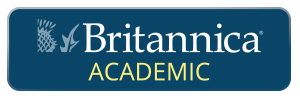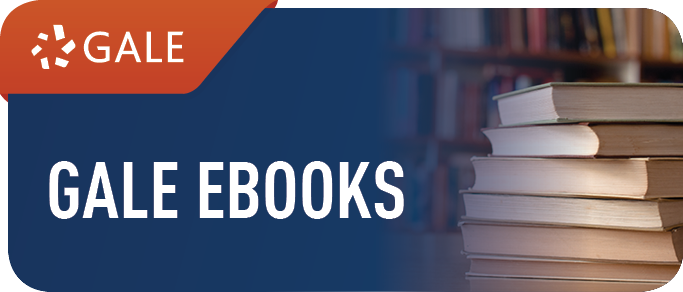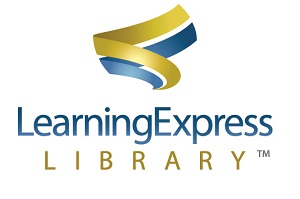If your class recently attended a Library session, please let us know how we did with this short survey.
Welcome to the DCTC Library's Composition I course guide. On this page you will find helpful information about the research and writing process, including links to help you evaluate and cite your sources.
The 2nd page has information about the resources in our library and how to find them using our catalog.
The 3rd page is a gateway to the Library's best online resources and web sites for this course, including some tutorials for these resources.
Let's get started!

Abraham Lincoln famously said you shouldn't believe everything you read online. And 82% of all statistics are made up.
There's a lot of misinformation out there. Digital literacy expert Mike Caulfield developed the SIFT method to help students evaluate information and make better decisions about what sources to trust:
Stop
Investigate the source
Find better coverage
Trace claims, quotes, and media to the original context
Here are more guides to help you evaluate sources of information:
- Criteria for Evaluating Information (Otis College of Art and Design)
- Evaluating Information (Johns Hopkins University)
- Evaluating Resources (UC Berkeley)
- Evaluating Sources of Information (Purdue University)
- Online Verification Skills with Mike Caulfield (YouTube)
There are different styles for citing the sources you use in your assignments. Your instructor will let you know whether to use APA, MLA, or some other style. Here are some introductory guides to these styles from the Purdue and Excelsior Online Writing Labs:
- Purdue OWL: APA Formatting and Style Guide
- Excelsior OWL: APA Style
- Excelsior OWL: APA In-Text Citations
- Excelsior OWL: APA Side By Side
- Purdue OWL: MLA Formatting and Style Guide
- Excelsior OWL: MLA Style
- Excelsior OWL: MLA In-Text Citations
Our catalog and databases provide citations for the books, videos, and articles you find in them. Just look for a link that says Cite or Citation, then select the appropriate style. It's easy to copy and paste citations into your bibliography!
"Plagiarism includes, but is not limited to, the use, by paraphrase or direct quotation, of the published or unpublished work of another person without full and clear acknowledgment. It also includes the unacknowledged use of materials prepared by another person or agency engaged in the selling of term papers or other academic materials."
This definition of plagiarism comes from page 1 of DCTC's Student Code of Conduct.
Citing your sources like this or in a bibliography is an essential part of the research process. It allows others to verify your information and gives credit to previous researchers and writers for their work.
The Center for Student Success offers tutoring to all DCTC students, including help with writing your paper and citing your sources. You can schedule an appointment by calling 651-423-8420 or visiting room 2-101.
Use our catalog, OneSearch, to find the books and videos on our shelves, plus ebooks and streaming videos.
The best way to begin your search is to enter one or two keywords on your topic. To narrow your results, use the Modify My Results options on the left side of the screen. You can also click on a relevant title and click on one of its subject headings to focus your search on that particular topic.
Please ask a librarian if you need help locating anything you find in our catalog.
If we don't have the book, video, or article you're looking for, you can request it via interlibrary loan (ILL) and it will come to you. It's easy! E-mail library@dctc.edu to let us know what you're looking for and we'll do the rest.
We have lots of books and videos about writing in our collection. If you like to browse, most of these are shelved in the PE call number range. Ask a librarian if you need help finding anything.
Here are just a few of our books about writing:
Behind the circulation desk we have our Course Resources collection. These are books and videos that instructors have asked us to reserve for certain classes. Books for Composition I include The China Study, The Norton Field Guide to Writing, The Prentice Hall Guide for College Writers, Rules for Writers, and "They Say / I Say". Books on reserve must be used in the Library, except with permission from your instructor to check them out overnight. Ask a librarian if you're looking for one of these.

Reference books and online resources like AccessScience, Britannica Academic, Gale eBooks, and Salem Online are great for improving your background knowledge on almost any topic. These resources also provide images and videos, which you can use to liven up your papers and presentations.
LearningExpress Library is an outstanding resource for academic and career development with hundreds of online tutorials, practice tests, and ebooks.
The College Students center is perfect for students who want to improve their reading, grammar, and writing skills. There are also resources to help you prepare for college placement and graduate school entrance exams.
The Adult Core Skills center includes additional tutorials, practice tests, and ebooks to help adults improve their writing, speaking, and grammar skills.
- The Elements of Style
- Grammar Girl
- Minnesota Issues Resource Guides
- Strategies for Essay Writing (Harvard College Writing Center)
- Writer's Digest

Opposing Viewpoints features information and opinions on more than 400 social issues and current events. For each topic, you'll find viewpoint essays; reference information; full-text articles from magazines, academic journals, and newspapers; primary source documents; statistics; images; videos; audio; and trustworthy websites.
There are millions of full-text articles in our EBSCO, Gale, and ProQuest databases. The best way to begin your search is to enter one or two keywords on your topic. Each database is different, but there will be ways to limit and focus your results so that you find the most relevant and useful articles available.
 Our EBSCO databases are an excellent place to start your search for magazine and journal articles.
Our EBSCO databases are an excellent place to start your search for magazine and journal articles.
 Our Gale databases are another great place to find magazine and journal articles.
Our Gale databases are another great place to find magazine and journal articles.
 Search hundreds of U.S. newspapers, newswires, and news sites with ProQuest U.S. Newsstream.
Search hundreds of U.S. newspapers, newswires, and news sites with ProQuest U.S. Newsstream.
 Search and explore scholarly literature with Google Scholar. Some citations include links to full-text content.
Search and explore scholarly literature with Google Scholar. Some citations include links to full-text content.
Please visit the Library or e-mail library@dctc.edu if you have any questions about our online resources or if you'd like help finding articles on your topic.

Points of View Reference Source features opinions on nearly 600 social issues, from 3D gun printing to zoos and circuses. For each topic, you'll find an overview and point and counterpoint opinion essays.
Basic Searching tutorial for Points of View Reference Source
Here are just a few of the ebooks about writing and composition you'll find in our EBSCO eBook Collection:
 Stylish Academic Writing
Stylish Academic Writing
Helen Sword, 2012
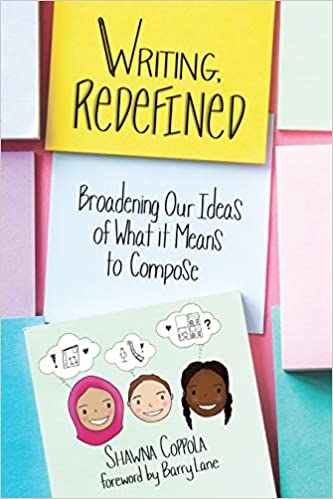 Writing, Redefined: Broadening Our Ideas of What It Means to Compose
Writing, Redefined: Broadening Our Ideas of What It Means to Compose
Shawna Coppola, 2020
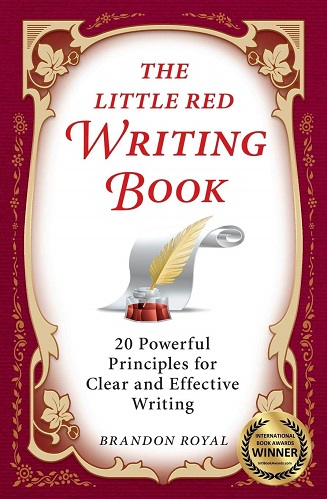 The Little Red Writing Book : 20 Powerful Principles for Clear and Effective Writing
The Little Red Writing Book : 20 Powerful Principles for Clear and Effective Writing
Brandon Royal, 2012
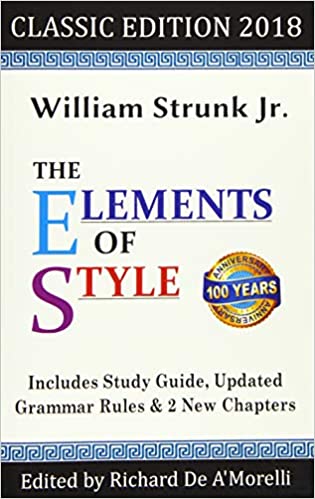 The The Elements of Style: Classic Edition (2018)
The The Elements of Style: Classic Edition (2018)
William Strunk, Jr., 2018
Using the Faces to Find - Margraten Google Map, select a service member in need of a photo. Information about the service member will include his or her A.S.N., enlistment location, and date of death.
Using the A.S.N., you may be able to find more information through the National Archives Access to Archival Databases (AAD).
There may be other helpful resources on the National Archives' World War II Records page.
Starting with the service member's hometown, look for the high school he or she may have attended. Based on the service member's birth date, figure out what years they may have been there, then call the school to ask if they have yearbooks from those years.
Look for the nearest historical society to the service member's hometown and call to find out what kinds of information they may have.
You can find a lot of information - but not everything - just by searching the web for the service member's name, hometown, and year of death. If you can't find an obituary this way, consider tracking down the newspaper from the service member's hometown. Then find their contact info and call them for help finding an obituary. The Library of Congress' Chronicling America project may also be helpful here.
Your public library probably has genealogical resources that can help you find information that isn't freely available online. For example, the Dakota County Library system provides subscription databases like Ancestry and Fold3, which specializes in historical military records. Visit your local library and ask a librarian for research help. They'll be glad to assist you!




